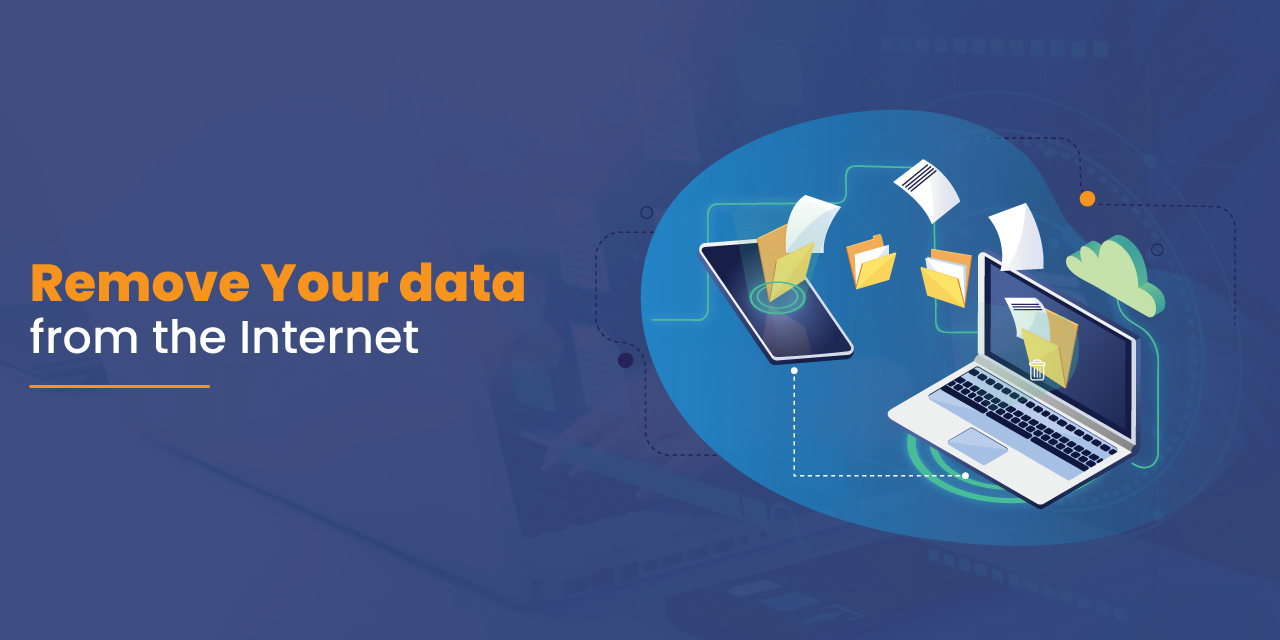
Data leaks in 2024 have resulted in at least 1 billion stolen records and this figure continues to rise as hacks proliferate. These malicious acts affect individuals whose information was exposed while encouraging criminals to escalate because of profits gained from cyberattacks. Digital transformation, data proliferation, human errors, and sophisticated cyber techniques account for the growing incidence of data leaks.
In addition, the financial rewards for cybercrime can be hefty offering a strong incentive for crooks to steal private data. Unfortunately, data breaches have serious consequences on personal privacy ranging from identity theft and monetary losses to character damage and emotional distress.
Exposure of Private Information
The most immediate impact of a data breach is the exposure of personal data including names, addresses, social security numbers, credit card info, and health records. This can result to identity theft where online thugs steal information to commit scams, open new accounts, or make unauthorized purchases and deals.
According to the National Council on Identity Theft Protection, identity theft occurs ever 22 seconds. When this happens, victims experience significant financial losses. What’s more, they face the long process of restoring their credit reputation and identity.
For example, while artificial intelligence (AI) can be beneficial to patients and healthcare providers, there are serious ramifications about the integrity of patient data. Hackers can manipulate AI models providing inaccurate diagnoses or harmful treatments. As a tool for diagnostics and treatment, healthcare organizations can suffer from a disruption of the AI systems if there is an unwanted intrusion. Delays in diagnosis and treatment will significantly impact patient outcomes.
Another serious consequence of a data leak is reputational damage if there is embarrassing or sensitive information about you. These data can be used to destroy your repute and character online or in your social circles. Information can be taken out of context and might be used to spread misinformation or outright lies.
If leaked information has something to do with your professional life, colleagues and clients might not trust you anymore. If your business or organization fails to protect sensitive info, this can lead to a loss of trust from clients, partners, and investors. In effect, people may hesitate to do business with your company because they believe that you are not able to keep their data safe. They are likely to take their business elsewhere giving rise to loss of revenue and client base.
Furthermore, data breaches often make headlines attracting negative media coverage and public scrutiny. This can severely hurt the reputation of an organization and the brand image. On top of eroding trust, data hacks can violate privacy regulations that may attract hefty regulatory fines and even legal action. Employee morale can also dip because they may feel ashamed to be associated with a company that suffered a breach and are scared that their own personal data might be compromised.
Long-Term Costs
Alas, the effects of data breaches can be severe and excruciating in the long term. Say a medical identity theft gives way to erroneous medical records that cause misdiagnoses and incorrect treatment plans. Not only are there financial losses involved, but also the patient might not recover at all from diagnostic errors and in some cases, might lead to fatal outcomes.
Likewise, continuing financial harm can arise due to fraudulent activities that may be hard to detect and stop. Not only are identity theft and shady deeds devastating, but it can take years of hard work to rebuild credit that affects the ability to secure loans/mortgages or even employment. Victims may have to pay significant legal fees to resolve disputes and restore identities. IBM figures indicate that the average per capita cost of a data breach in 2023 is $165, a dollar higher than the previous year.
Another long-term consequence is that disseminated personal information can be difficult to track and retrieve. Stolen information often ends up in the dark web where it can be bought and sold again and again. This implies that individuals and entities may face recurring privacy invasions long after the initial leak occurred. Persistent financial fraud can lead to heavy financial losses and even bankruptcies. Above all, the stress and anxiety of financial instability and ongoing cons can have lasting mental repercussions. Financial stress also manifests physically causing headaches, tiredness, and sleep disturbances. Combined with the mental effects, declining health is predicted.
In short, stress and anxiety affect productivity and overall well-being. Businesses, on the other hand, will also have a hard time rebuilding a tarnished reputation entailing important investments in marketing and public relations campaigns. It follows that loss of customer trust can result in lower sales, client loss, and market share reduction.
The effects of data breaches on personal privacy are profound and far-reaching. Identity theft, financial losses, and damage to reputation can occur both in the long and short term. Businesses face considerable financial challenges due to negative reputations, regulatory fines, and operational disruptions.
Related Posts
Share this post
Leave a comment
All comments are moderated. Spammy and bot submitted comments are deleted. Please submit the comments that are helpful to others, and we'll approve your comments. A comment that includes outbound link will only be approved if the content is relevant to the topic, and has some value to our readers.






Comments (0)
No comment